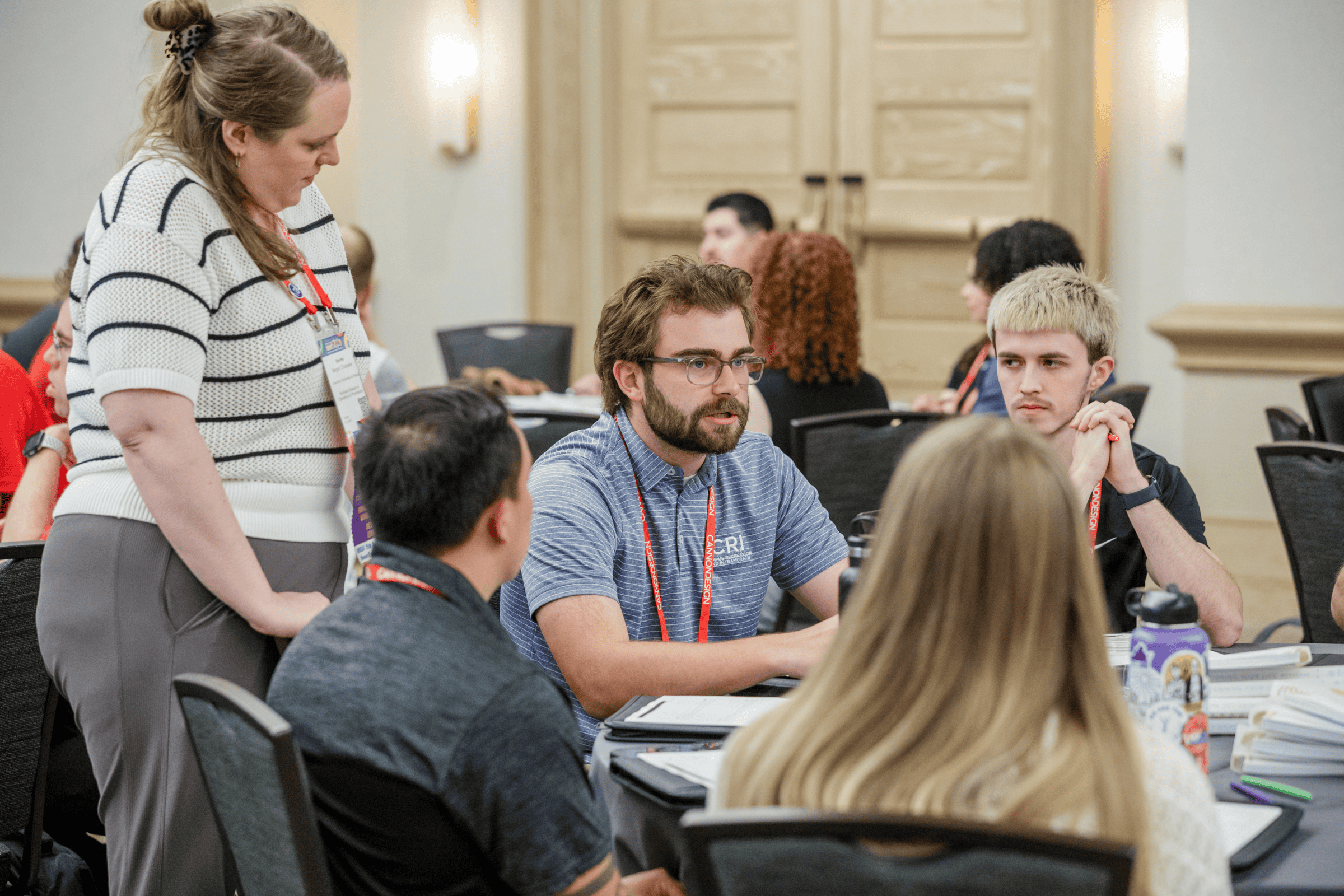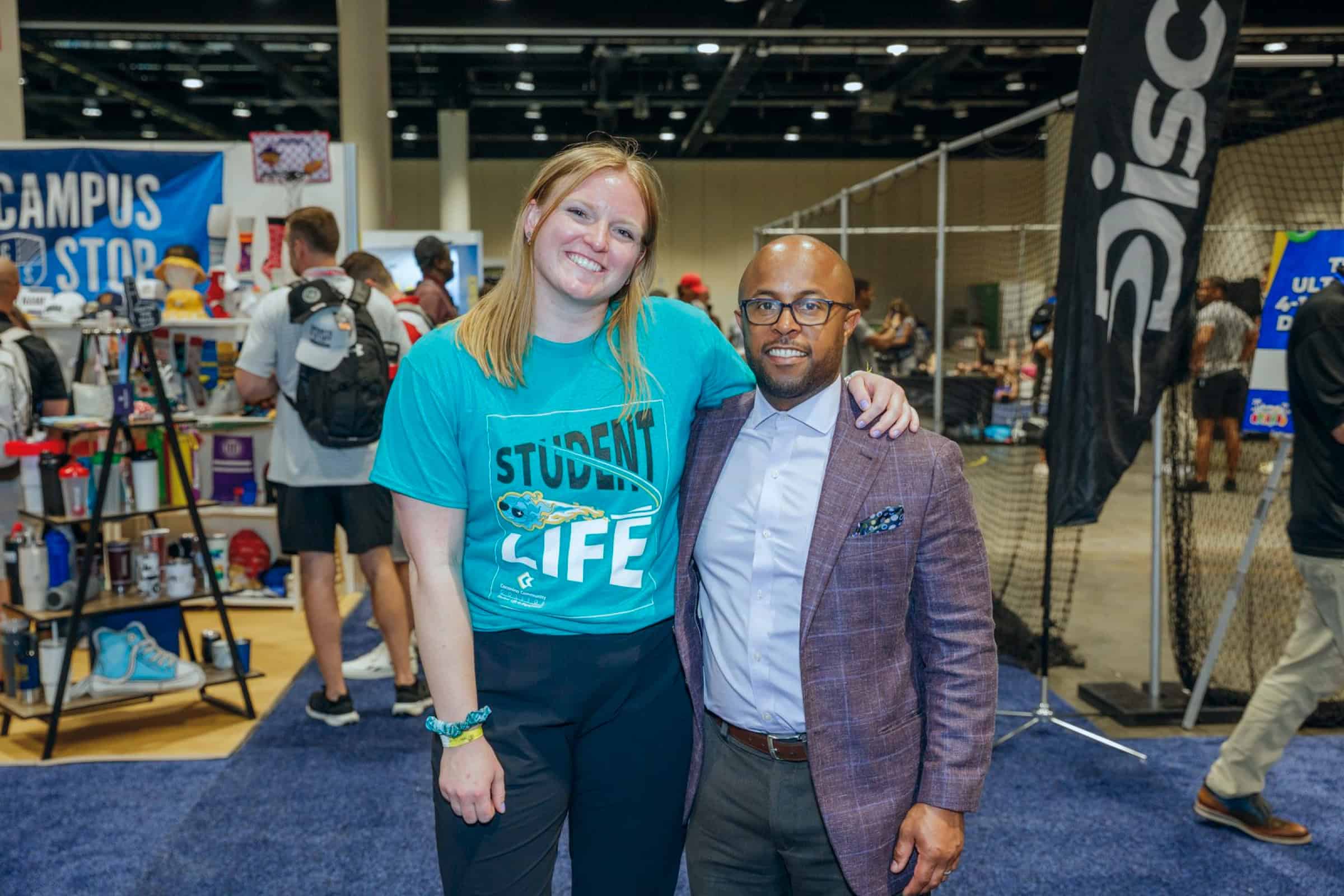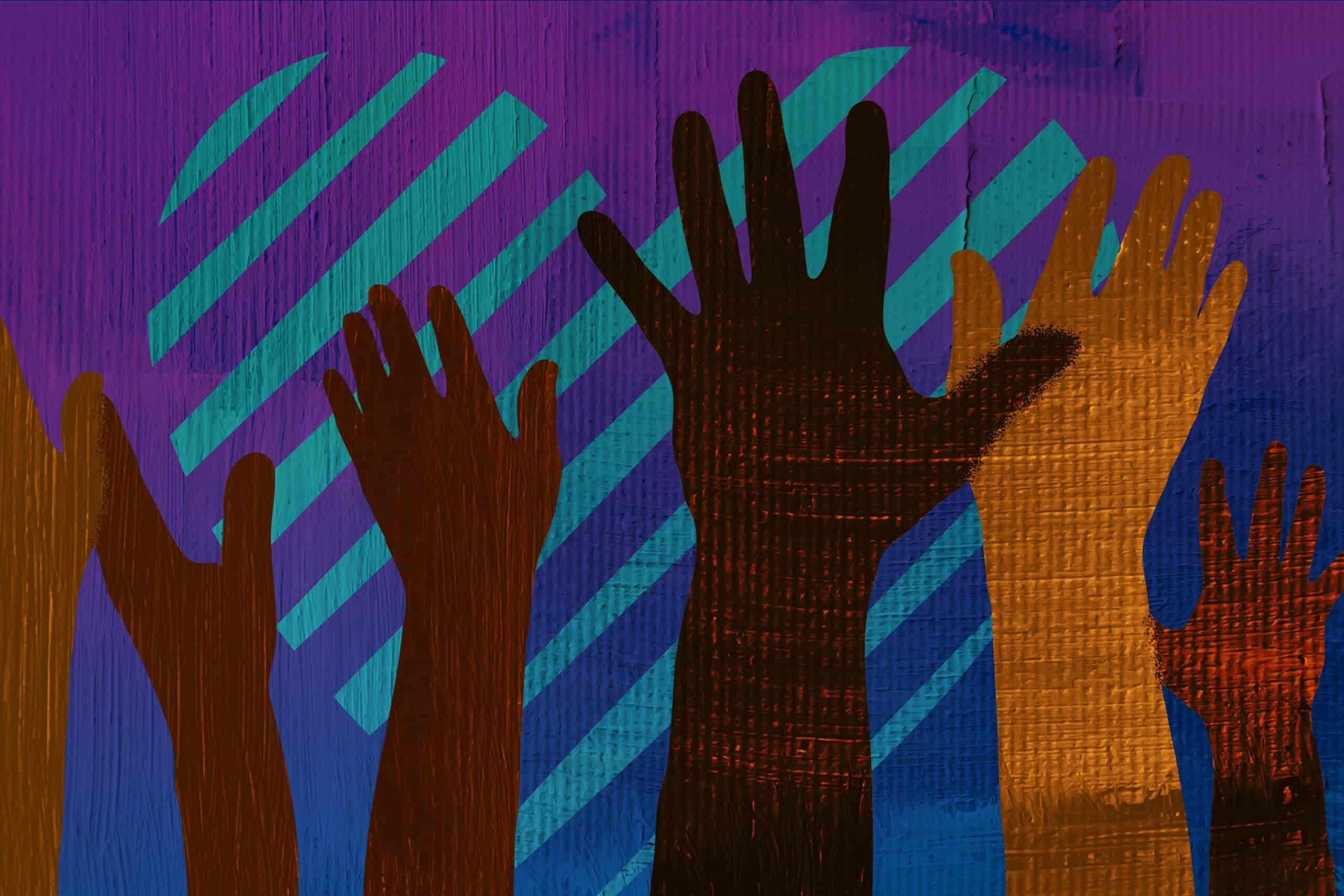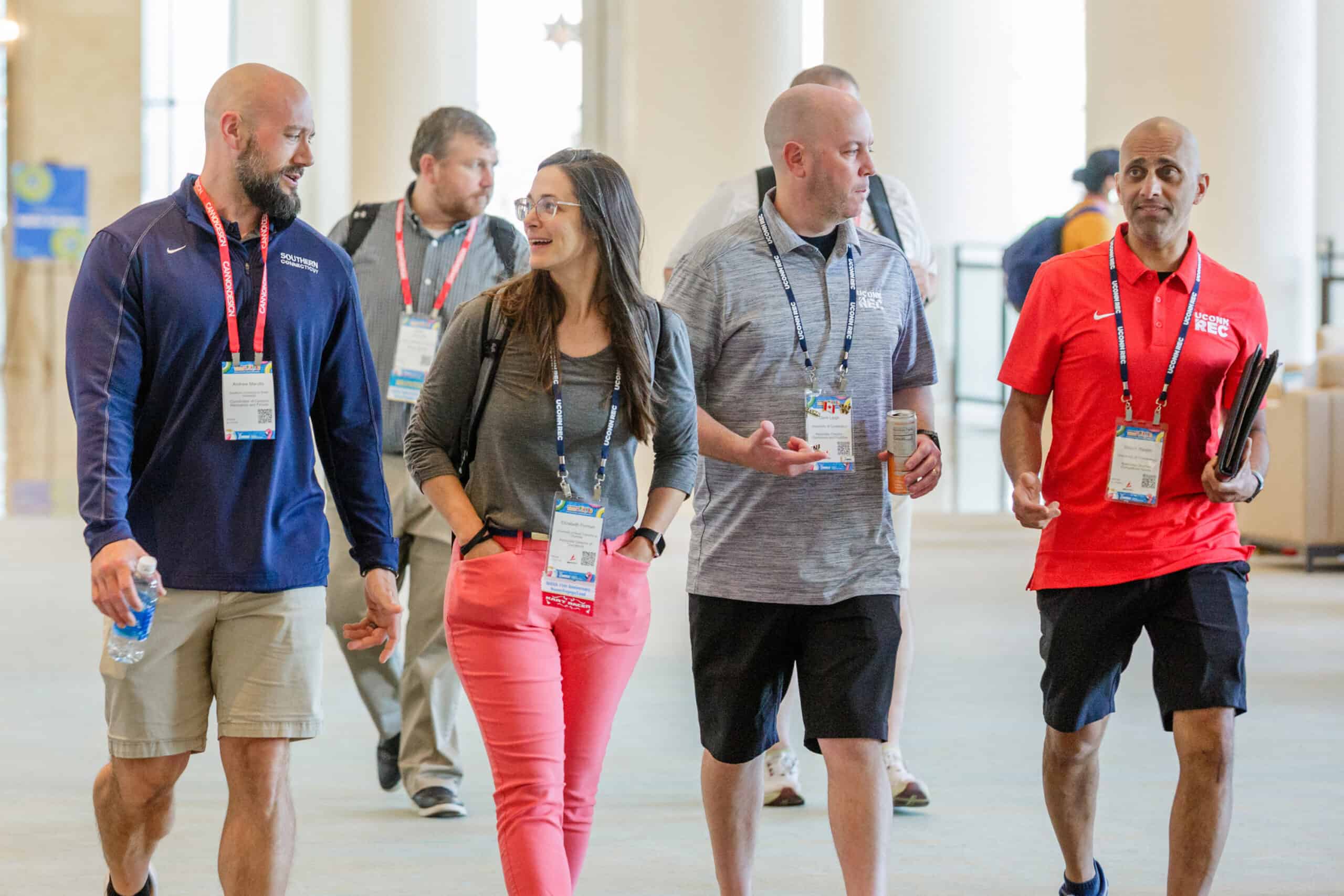Directories
Find a colleague, connect with peer institutions, and outfit your campus programs with our exclusive member directories.


Online Roundtables & Discussions
NIRSA online roundtables & discussions are your place for real talk. Find regular discussions on topics that are critical to campus recreation.
Networking
When you join NIRSA, you can count on support and insight from the leading voices from across the campus recreation and wellbeing profession.

Cohort Collective
Foster connection, community, and collective growth around key areas of campus recreation.

Regional Networks
NIRSA members gather and share knowledge year-round at local, state, provincial, and regional levels.
Engage With Us
There are so many pathways to connect with peers and make an impact in the campus recreation and wellbeing profession.

Connect with NIRSA
Post perspectives, ask questions, and exchange ideas on industry trends or institutional challenges online, anytime.

Volunteer Groups
Volunteer groups lead important conversations, explore key issues, and drive initiatives that shape the future of campus rec.

Partner with Us
NIRSA has worked for over 75 years to become the most trusted name in campus recreation and wellbeing.
Discover Leadership Opportunities
Serving in a leadership position provides members with an opportunity to strengthen professional skills and network with colleagues from across the Association.

Awards
NIRSA members bring incredible value to collegiate recreation, and we’re here to celebrate it!
Explore the Community
Whether you are looking for connections based around shared experiences or open invitations that evoke a come as you are vibe, NIRSA meets you where you are.

Caucuses
These virtual meetups help build relationships, foster mentorship, and share knowledge shaped by lived experiences.

Rec Day/Founders Day
NIRSA Recreational Sports & Fitness Day—also known as Rec Day—is celebrated on or around February 22 each year.
